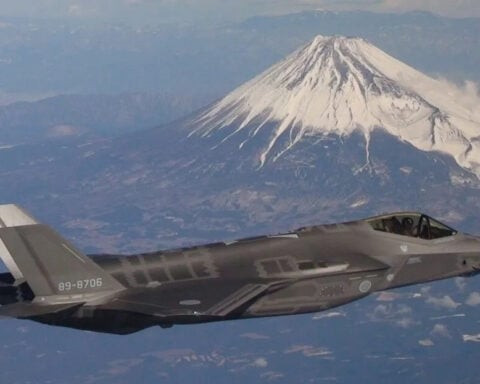The following is the April 26, 2018 Congressional Research Service report, Artificial Intelligence and National Security.
From the Report:
Artificial Intelligence (AI) is a rapidly growing field of technological development with potentially significant implications for national security. As such, the U.S. Department of Defense (DOD) is developing AI applications for a range of military functions. AI research is underway in the fields of intelligence collection and analysis, logistics, cyberspace operations, command and control, and a variety of military autonomous vehicles. AI applications are already playing a role in operations in Iraq and Syria, with algorithms designed to speed up the target identification process. Congressional action has the potential to shape the technology’s trajectory, with fiscal and regulatory decisions potentially influencing growth of national security applications and the standing of military AI development versus international competitors.
AI technology presents unique challenges for military acquisitions, especially since the bulk of AI development is happening in the commercial sector. Although AI is not unique in this regard, the Defense Acquisition Process (DAP) may potentially need to be adapted for acquiring systems like AI. In addition, many commercial AI applications must undergo significant modification prior to being functional for the military. A number of cultural issues challenge AI acquisition, leading to discord with AI companies and potential military aversion to adapting weapons systems and processes to this disruptive technology.
International rivals in the AI market are creating pressure for the United States to compete for innovative military AI applications. China is a leading competitor in this regard, releasing a plan in 2017 to capture the global lead in AI development by 2030. Currently, China is primarily focused on using AI to make faster and more well-informed decisions, as well as developing multiple types of autonomous military vehicles. Russia is also active in military AI development, with a primary focus on robotics
Although AI has the potential to impart a number of advantages in the military context, it may also introduce distinct challenges. AI technology can facilitate autonomous operations, lead to more informed military decision-making, and will likely increase the speed and scale of military action. However, it is also unpredictable, vulnerable to unique forms of manipulation, and presents challenges to human-machine interaction. Analysts hold a broad range of opinions on how influential AI will be in future combat operations. While a small number of analysts believe that the technology will have minimal impact, a larger number of experts believe that AI will have at least an evolutionary if not revolutionary effect.
Military AI development presents a number of potential issues for Congress:
- What is the right balance of commercial and government funding for AI development?
- How might Congress influence Defense Acquisition reform initiatives that ease military AI adaptation?
- What changes, if any, are necessary in Congress and DOD to implement effective oversight of AI development?
- What regulatory changes are necessary for military AI applications?
- What measures can be taken to protect AI from exploitation by international competitors and preserve a U.S. advantage in the field?
via fas.org





